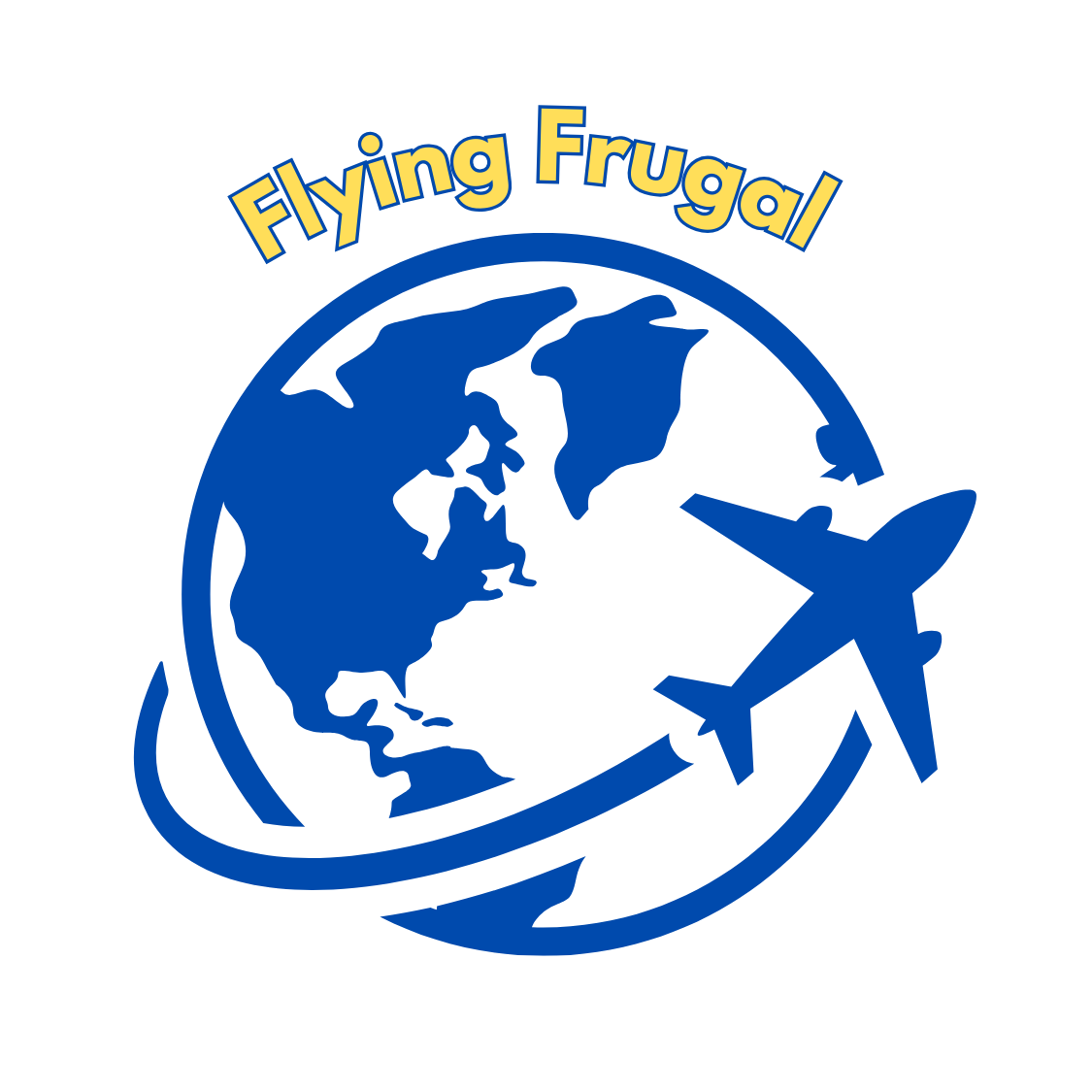Traveling is an enriching experience that allows us to immerse ourselves in new cultures, flavors, and experiences. However, for those with food allergies, the prospect of traveling can often be accompanied by anxiety and concern. Fortunately, with careful planning and preparation, managing food allergies while traveling abroad can be done successfully. Below are some essential tips to ensure that your trip is enjoyable and safe, regardless of your dietary restrictions.
1. Research Your Destination
Before you embark on your journey, it’s crucial to research your destination’s food culture. Understanding the local cuisine and common allergens can significantly influence your dining experience. Look for information on traditional dishes, prevalent allergens in local cooking, and dietary customs. Websites, travel blogs, and forums are great resources for gathering this information. Consider reaching out to locals or expatriates living in the area for firsthand insights.
2. Learn Key Phrases
When traveling to a non-English-speaking country, learning key phrases related to your food allergies can be incredibly beneficial. Familiarize yourself with phrases that clearly communicate your allergies, such as "I am allergic to…" or "Does this contain…?" Carry a pocket dictionary or use translation apps to have these phrases readily available. It’s also a good idea to have your allergies written down in the local language, which can be handed to restaurant staff or chefs for clarity.
3. Prepare Allergy Cards
In addition to learning key phrases, consider preparing allergy cards that list your specific allergies in both English and the language of the country you will be visiting. These cards can be shown to restaurant staff and help eliminate any ambiguity regarding your dietary restrictions. Services are available online where you can create custom translations for your specific needs.
4. Consult Your Healthcare Provider
Before traveling, consult your healthcare provider or allergist for professional guidance. Discuss your travel itinerary and ask for recommendations on managing your allergies abroad. In some cases, your doctor might suggest medications, such as antihistamines or an epinephrine auto-injector, that you should take with you.
5. Pack Your Medications
Always carry an ample supply of your allergy medications, including antihistamines and an epinephrine auto-injector, especially if you have a history of severe allergies. Keep these medications in their original containers with clear labels, and consider packing a separate bag for easy access during your travels. It may also be handy to have a letter from your healthcare provider detailing your allergies and the necessary medications.
6. Choose Accommodations Wisely
When selecting accommodations, consider whether they offer kitchen facilities or meal plans that cater to your dietary needs. Having a kitchen allows you to prepare meals that you know are safe. Research hotels or hosts with a good reputation for handling dietary restrictions and inquire about their experience accommodating guests with food allergies.
7. Find Allergy-Friendly Restaurants
Research restaurants that cater to food allergies and intolerances before you travel. Using apps like "Find Me Gluten Free" for gluten allergies or "HappyCow" for vegan-friendly options can streamline the search process. Once you arrive at your destination, don’t hesitate to call ahead to discuss your allergies with restaurant staff.
8. Communicate Clearly at Restaurants
When dining out, always communicate your allergies clearly to the server. It’s best to speak to a manager or chef if possible, as they tend to be more aware of cross-contamination risks and dish preparation. Make sure they understand the severity of your allergies – terms like “anaphylaxis” can help underscore the seriousness of the situation.
9. Be Mindful of Cross-Contamination
Cross-contamination is a significant concern when managing food allergies, especially in kitchens where staff may not be accustomed to handling such issues. Be proactive about asking about cross-contamination practices. You may want to request a separate preparation area for your food or ask them to use clean utensils and dishes when preparing your meal.
10. Carry a Snack Supply
Traveling can often lead to unexpected delays, meaning that access to safe food may become limited. To avoid being caught off guard, pack a sufficient supply of safe snacks. Granola bars, nuts (if you aren’t allergic), dried fruit, and protein packs are excellent options that are easy to carry and can provide a quick energy boost.
11. Stay Informed About Local Customs
Food customs can differ significantly across cultures, affecting how food is prepared and served. Learn about how food is commonly flavored, garnished, and prepared in the country you’re visiting. This knowledge will help you make informed decisions about what to try and what to avoid.
12. Consider Travel Insurance
Travel insurance that includes medical coverage is highly recommended, especially for those with food allergies. If you do have an allergic reaction while abroad, having travel insurance can provide coverage for medical expenses, which can save you from incurring significant out-of-pocket costs.
13. Trust Your Instincts
If you’re ever in doubt about the safety of a food item or a restaurant, trust your instincts. It’s crucial to prioritize your health above all else, even if it means skipping a meal or leaving a restaurant. Always err on the side of caution; it’s better to miss out on a new dish than to risk an allergic reaction.
14. Network with Other Travelers
Engaging with other travelers or expatriates who have food allergies can provide valuable insights and support. Online forums, social media groups, or travel apps can connect you with others who share similar experiences. They may offer useful tips for managing allergies in the country you are visiting and recommend local restaurants or safe food options.
Conclusion
Traveling with food allergies doesn’t have to be a stressful experience. By doing your research, preparing in advance, and actively communicating your needs, you can enjoy discover the world’s diverse cultures and cuisines while ensuring your health and safety. With these tips, you can embark on your journey with confidence and relish the unique flavors and experiences that await you abroad. Happy travels!














